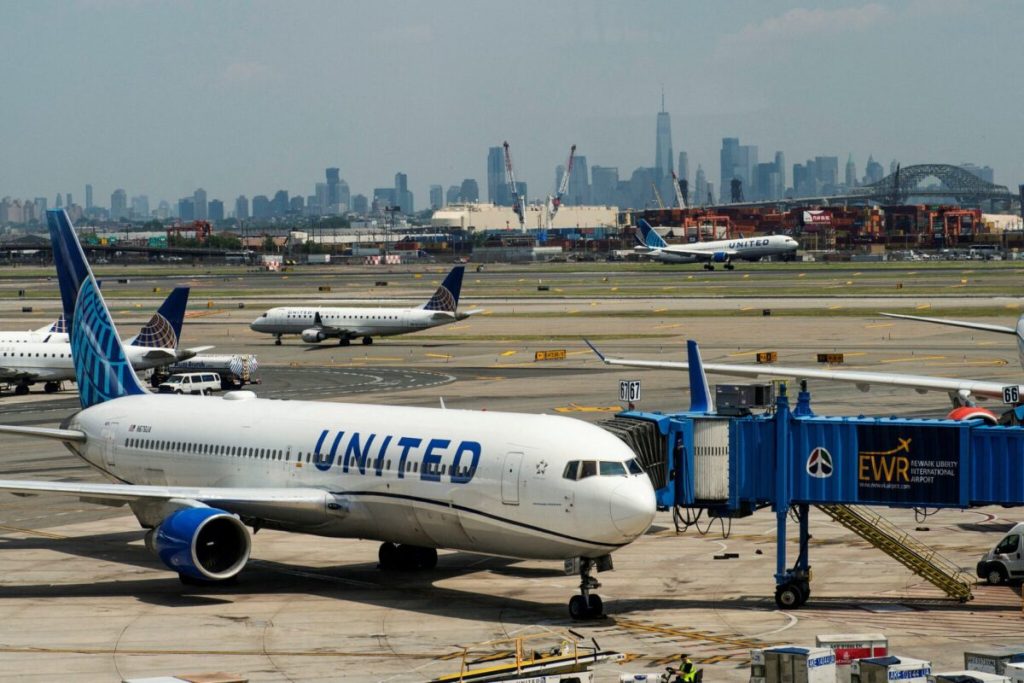United Airlines reported a strong first quarter performance despite facing challenges such as FAA safety reviews, Boeing delivery delays, and escalating tensions in the Middle East. The carrier experienced a pre-tax loss primarily due to the grounding of the 737 Max 9 aircraft but saw corporate travel rebound with a 14% increase and a 15% increase in revenues from United MileagePlus. United also reported positive results from its strategy to attract premium and budget travelers, with a 14% increase in premium revenues and a 35% increase in basic economy sales.
United CEO Scott Kirby expressed confidence in the airline’s ability to compete with ultra-low-cost carriers like Spirit and Frontier Airlines, stating that the industry has structurally changed and that United offers a better product, service, and international network. Kirby emphasized the carrier’s profitability in selling basic economy tickets and its expansion strategy to capture market share from ultra-low-cost carriers by adding more basic economy seats on larger aircraft deliveries. He believes that United and a few other airlines will be able to maintain their post-pandemic growth long-term.
United executives reassured investors that the FAA safety review would have a minimal impact on the carrier’s growth despite the oversight prompted by safety and maintenance-related incidents. The review may delay some aircraft deliveries in the second quarter, but the executives are confident that it will ultimately result in an even better airline for customers, employees, and shareholders. The FAA review has temporarily prevented United from putting new aircraft into service, leading to the postponement of certain flight routes. However, the CEO did not offer a timeline for when the safety review would conclude.
Despite initial concerns from Wall Street analysts, United Airlines surprised investors with its first-quarter performance, generating an adjusted operating profit after facing challenges such as aircraft delivery delays and increased FAA oversight. The carrier’s shares rose by as much as 15% following the release of its earnings report. United’s success in rebounding corporate travel, increasing premium and basic economy sales, and maintaining strong revenues from loyalty programs like United MileagePlus contributed to its positive performance. The airline’s strong performance has led to increased confidence among investors and executives regarding its ability to navigate current challenges and maintain growth in the future.
United’s strategy to woo premium and budget travelers through products like Polaris and basic economy seems to be paying off, with positive results reported in the first quarter. The carrier’s focus on expanding its network, offering competitive pricing, and providing a range of services to cater to different traveler segments has positioned it well in the market. The CEO’s confidence in United’s ability to compete with ultra-low-cost carriers, invest in growth long-term, and maintain profitability even in the face of challenges demonstrates the airline’s resilience and strategic focus. Overall, United Airlines appears to be on a positive trajectory despite the obstacles it currently faces.


